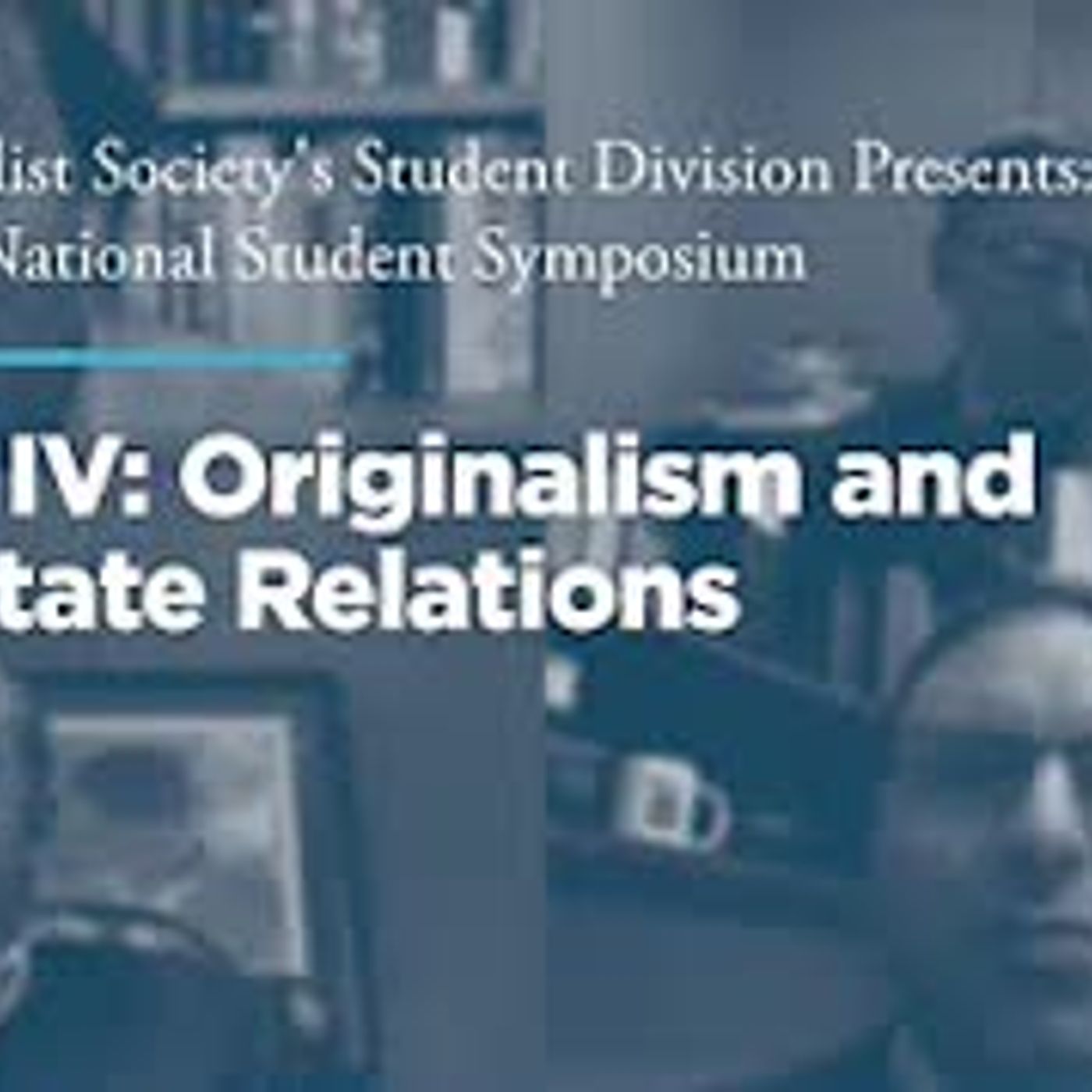- News
- Politics
- SEE MORE
- classical
- general
- talk
- News
- Family
- Bürgerfunk
- pop
- Islam
- soul
- jazz
- Comedy
- humor
- wissenschaft
- opera
- baroque
- gesellschaft
- theater
- Local
- alternative
- electro
- rock
- rap
- lifestyle
- Music
- como
- RNE
- ballads
- greek
- Buddhism
- deportes
- christian
- Technology
- piano
- djs
- Dance
- dutch
- flamenco
- social
- hope
- christian rock
- academia
- afrique
- Business
- musique
- ελληνική-μουσική
- religion
- World radio
- Zarzuela
- travel
- World
- NFL
- media
- Art
- public
- Sports
- Gospel
- st.
- baptist
- Leisure
- Kids & Family
- musical
- club
- Culture
- Health & Fitness
- True Crime
- Fiction
- children
- Society & Culture
- TV & Film
- gold
- kunst
- música
- gay
- Natural
- a
- francais
- bach
- economics
- kultur
- evangelical
- tech
- Opinion
- Government
- gaming
- College
- technik
- History
- Jesus
- Health
- movies
- radio
- services
- Church
- podcast
- Education
- international
- Transportation
- Other
- kids
- podcasts
- philadelphia
- Noticias
- love
- sport
- Salud
- film
- and
- 4chan
- Disco
- Stories
- fashion
- Arts
- interviews
- hardstyle
- entertainment
- humour
- medieval
- literature
- alma
- Cultura
- video
- TV
- Science
- en
Panel IV: Originalism and Interstate Relations

On March 14, 2020, the Federalist Society held its 39th National Student Symposium. The Symposium was originally scheduled to be held at the University of Michigan's Law School but was rescheduled as a digital conference. The fourth panel discussed "Originalism and Interstate Relations"
The Constitution famously says very little about interstate relations. Writing for the Court in Franchise Tax Board v. Hyatt, Justice Thomas suggested that the Constitution “reflects implicit alterations to the States’ relationships with each other, confirming that they are no longer fully independent nations.” How much of the law of interstate relations is truly settled by the Constitution? As for the rest, what kind of law governs instead? Is it federal or state, general or international, written or unwritten? And what does it provide?
This panel examines what originalism has to say, if anything, about questions of “horizontal federalism”—such as personal jurisdiction, choice of law, full faith and credit, extraterritorial regulation, state borders, sovereign immunity, and other areas of interstate dispute. How did the Founders understand these questions, either before the Constitution or after? What duties do the fifty states owe one another? And what are the roles of Congress and the courts in determining the answers?
Prof. William P. Baude, Professor of Law and Aaron Director Research Scholar, University of Chicago Law School
Prof. Douglas Laycock, Robert E. Scott Distinguished Professor of Law, University of Virginia School of Law
Prof. Stephen E. Sachs, Professor of Law, Duke University School of Law
Moderator: Hon. David R. Stras, United States Court of Appeals, Eighth Circuit
*******
As always, the Federalist Society takes no position on particular legal or public policy issues; all expressions of opinion are those of the speaker.